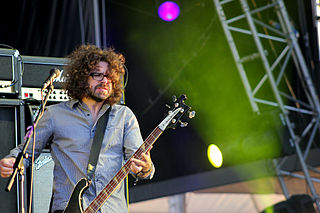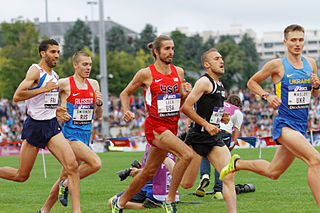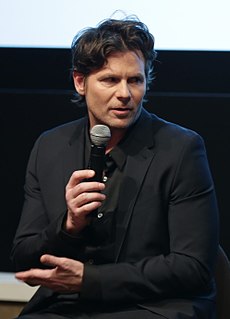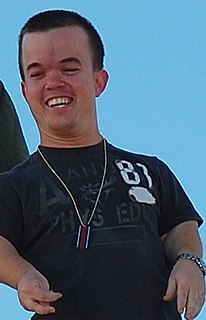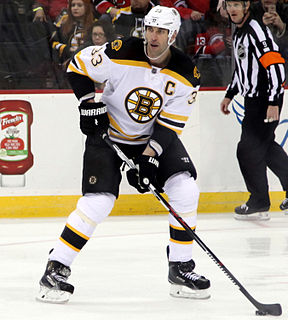A Quote by Danny Elfman
You hear the beginning of a melody, you should kind of know it's going to lead down this path. It should start feeling like a friend, like familiar.
Related Quotes
I kind of just lost track of laps. I couldn't hear a split. It was just so loud in here everyone was going nuts. I sort of felt like I was a little tired and I said, the people in front of me seem like they are falling off the lead pack a little bit. I should probably make a move. I hear ding, ding, ding, ding and I thought "oh crap! I've really got to go, I've got a lot left.
If you decide to go on a Buddhist path, you have to be careful if you start mixing a lot of different traditions you are not totally familiar with - mixing this kind of meditation with that kind of practice or this kind of visualization with that kind of mantra. Then you really are concocting your own thing, and you have no idea what is going to happen.
Interviews, when they are just simply an exercise in hearing what you want to hear, are of no interest. And many, many, if not most interviews have that character. The interviewer who comes in with a list of bullet points they're going to address one after the other. Interviews, properly considered, should be investigative. You should not know what you're going to hear. You should be surprised.
You know you're ready to write a book when you have a feeling that you should do it, no matter what anybody says. It's like falling in love or starting a company. When you're still wondering if you should get married or you're still wondering whether you should start a company that might be not the right person or the right idea. And writing is the same way. When you've locked on to the topic, you'll just write it.
I'd like to teach Iraq about Democracy because we're so experienced with it. First they should know that after 100 years they should free their slaves. Then after 150 years they should give their women the right to vote. Oh, and of course when they start it all they should begin with some genocide and ethnic cleansing.


